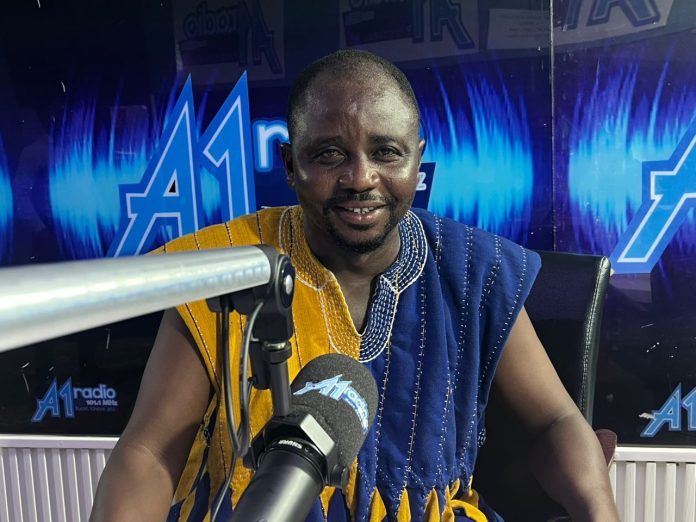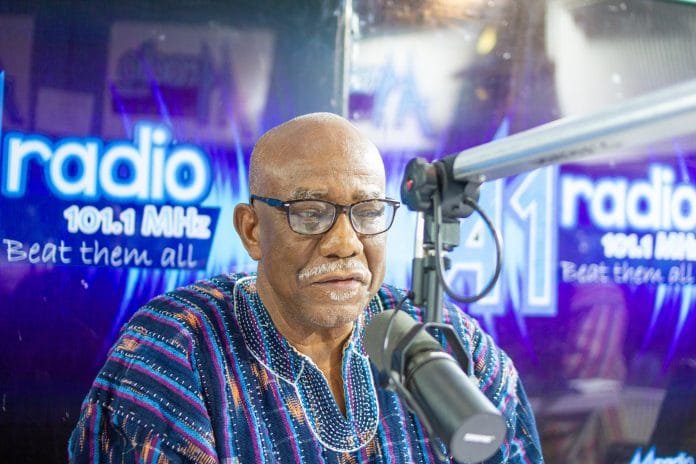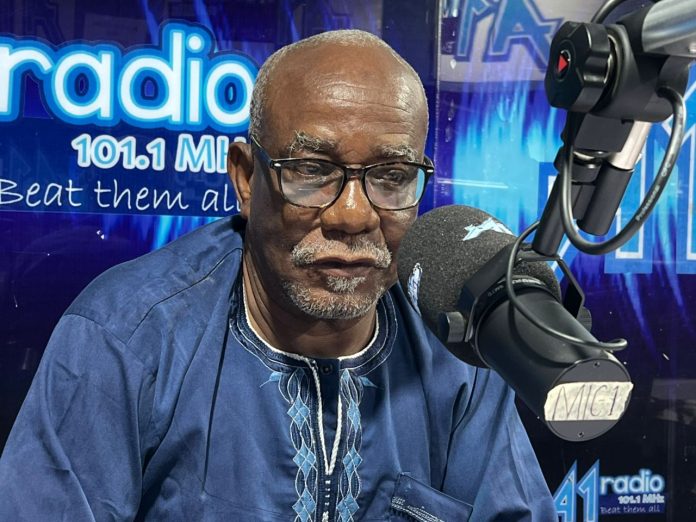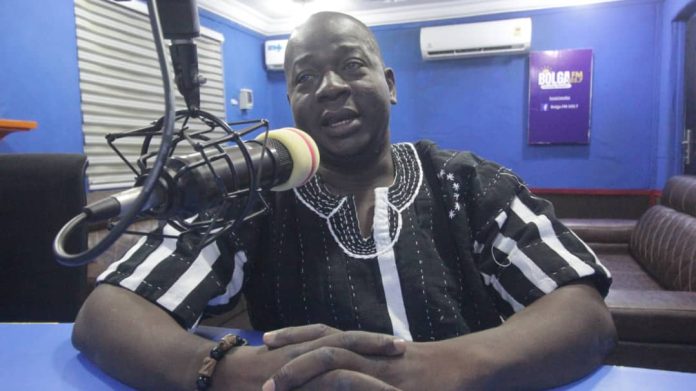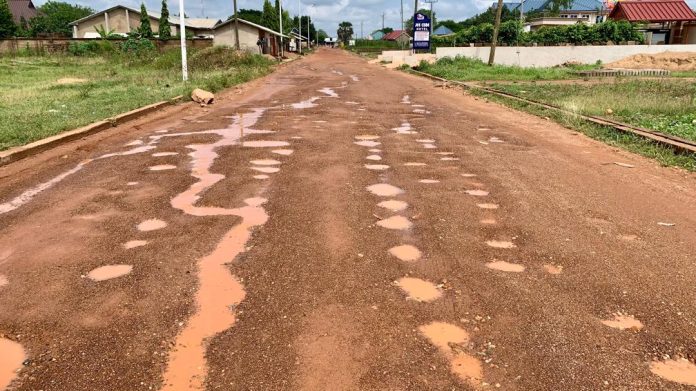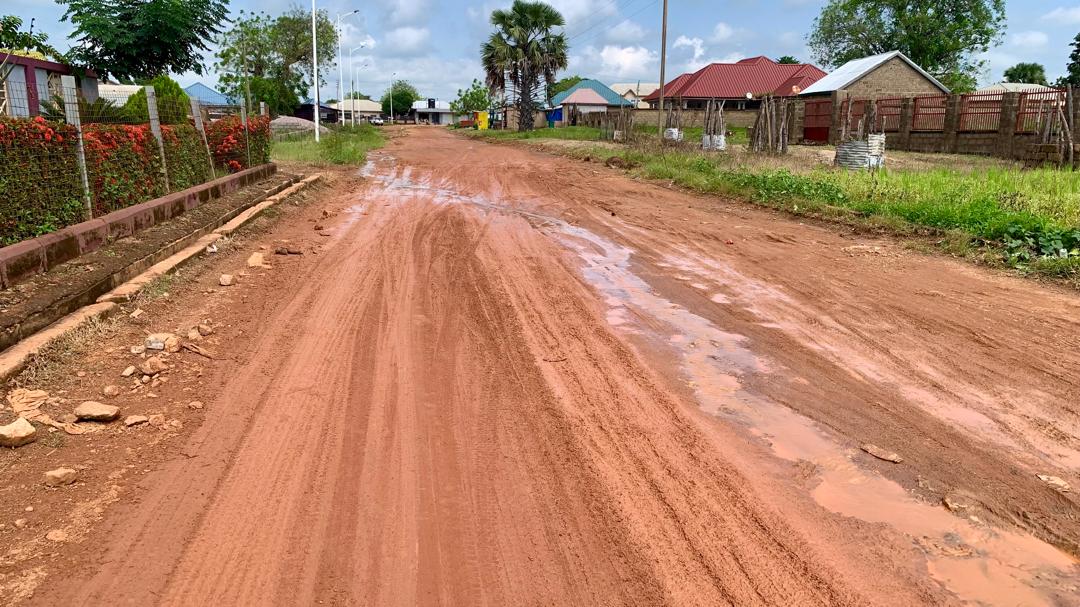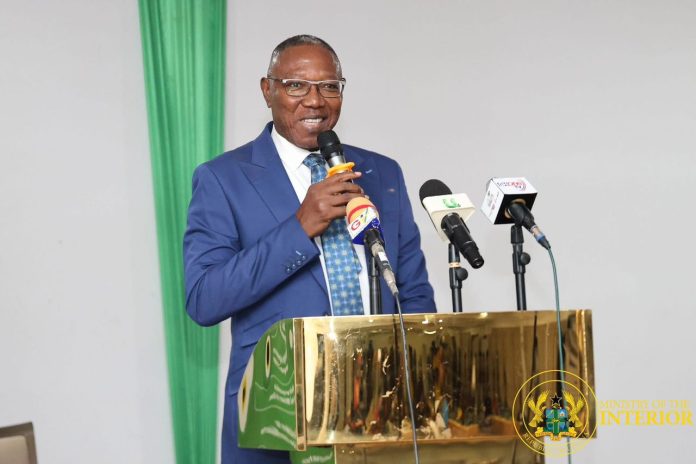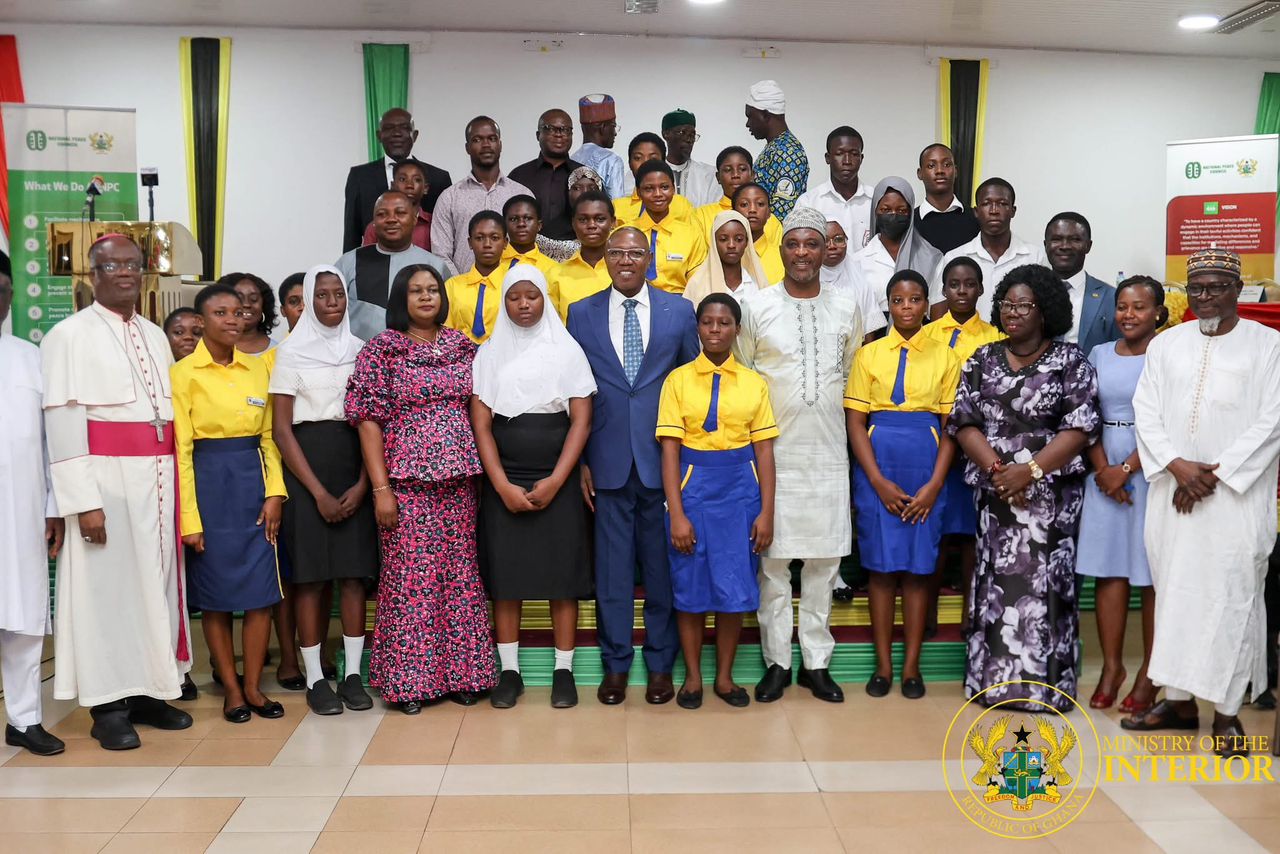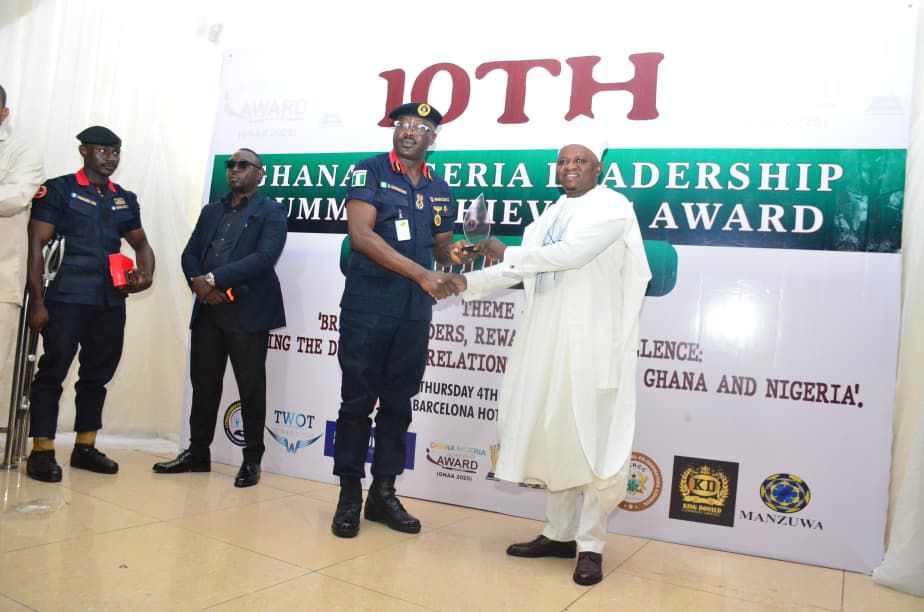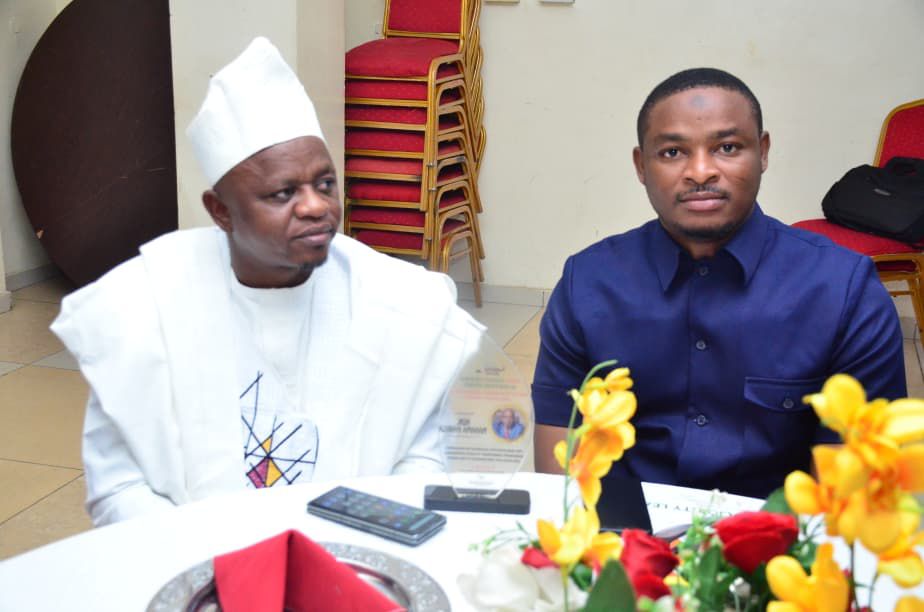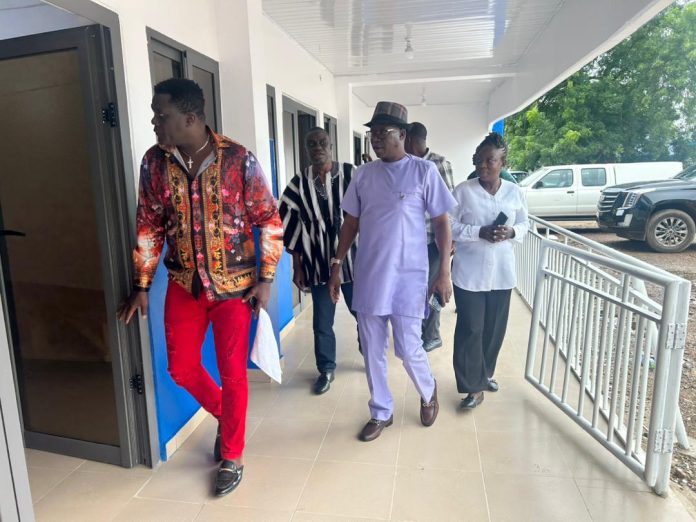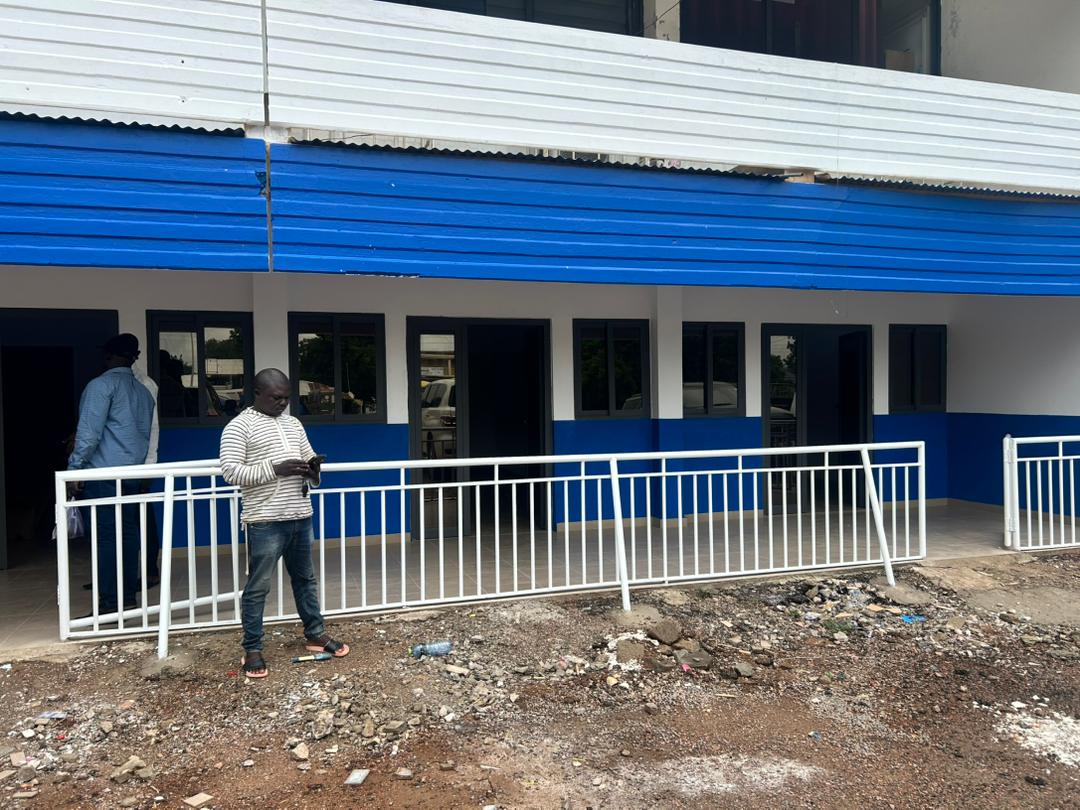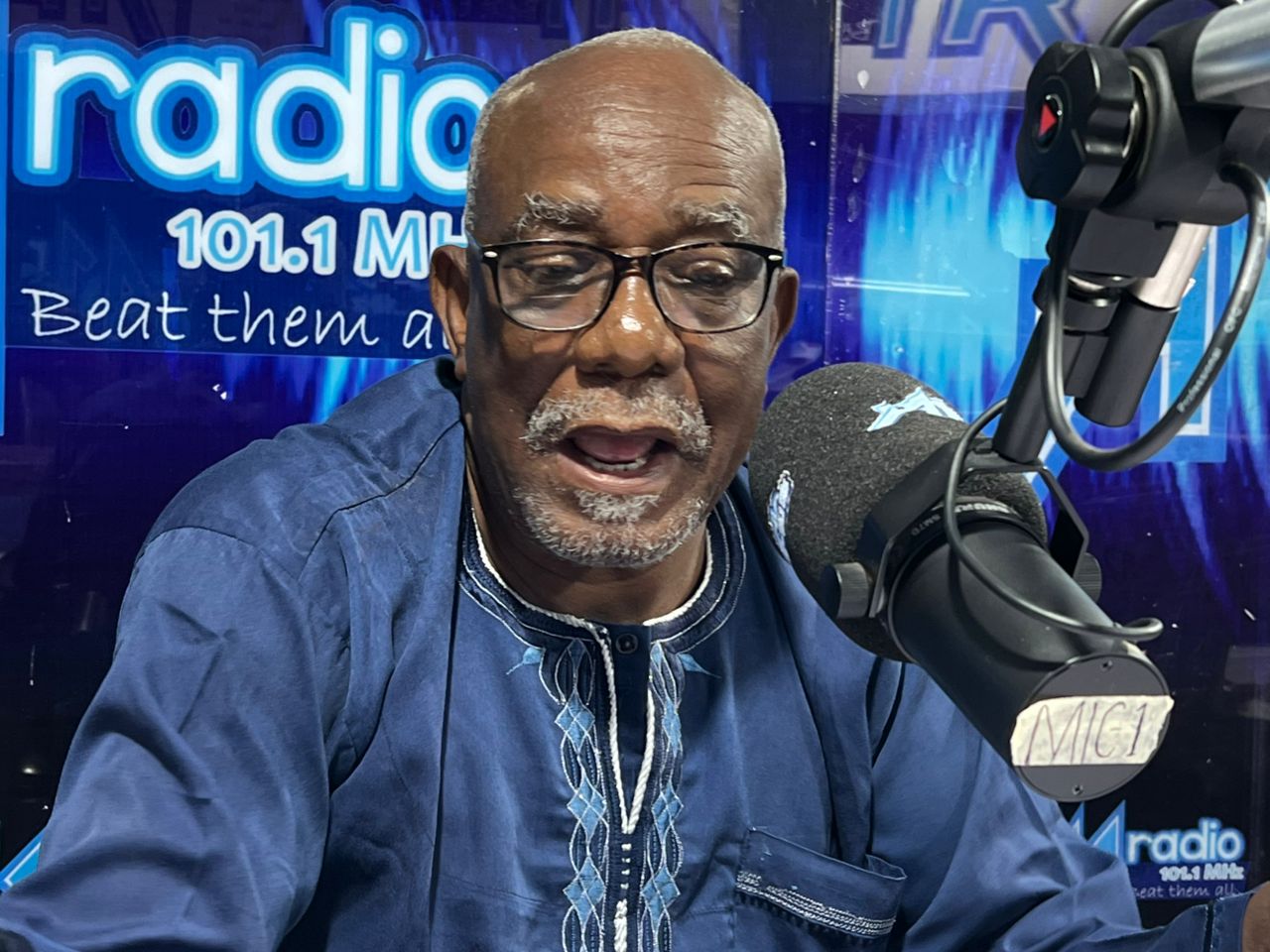Abraham Azumah Lambon, a technical aide to the President, has stressed that the lack of strong local investment has contributed to Ghana’s economic challenges over the years. He noted that the current administration is prioritizing initiatives that will boost productivity, support entrepreneurship, and strengthen the economy.
Speaking exclusively on A1 Radio, Mr. Lambon highlighted several government programs aimed at encouraging local investment and creating employment opportunities for Ghanaians. He explained that years of overreliance on foreign investment had weakened Ghanaian ownership of the economy, leaving the cedi vulnerable to depreciation whenever profits were repatriated abroad.
“One thing Ghanaians have not noticed under the Akufo-Addo regime is that Ghanaian ownership of GDP actually declined from 48% to 16%. This means that most of the investment happening in the country was controlled by foreigners. At the end of every year, when these investors expatriated their profits, the cedi struggled as a result,” he said.
To address this, government is focusing on empowering local businesses through programs that provide capital support, mentorship, and opportunities for expansion. “If you don’t encourage local investment to grow, all you’ll have is foreign ownership. They will sell in foreign currency, repatriate profits in foreign currency, and the cedi will depreciate. That is why this President’s initiative to build and support local businessmen with capital is so laudable,” Mr. Lambon noted.
One of the flagship programs is the “Edwuma Wura” initiative, which targets young entrepreneurs. It provides funding for graduates and young people with viable business plans, enabling them to establish enterprises that create jobs, broaden the tax base, and contribute to government revenue.
Another intervention, Mr. Lambon explained, is the National Apprenticeship Program. Recently, over 200 master craftsmen in the Upper East Region were trained by the National TVET to strengthen their capacity to transfer skills. Each craftsman is expected to take on five apprentices, creating over 1,500 training opportunities.
“These apprentices will receive monthly stipends of 300 Ghana cedis to help with rent, food, and other expenses. Fees that would normally be paid to masters are being absorbed by government. Graduates of the program will also be equipped with tools and resources to establish their own workshops and train others,” he added.
According to the presidential aide, these measures are designed to expand the economy, reduce unemployment, and address social challenges linked to economic hardship, while building a stronger foundation of Ghanaian-owned businesses.
“These are initiatives that will expand the economy, create employment, and reduce a lot of the social vices we are currently experiencing,” he emphasized.
A1Radioonline.com|101.1Mhz|Gifty Eyram Kudiabor|Bolgatanga

